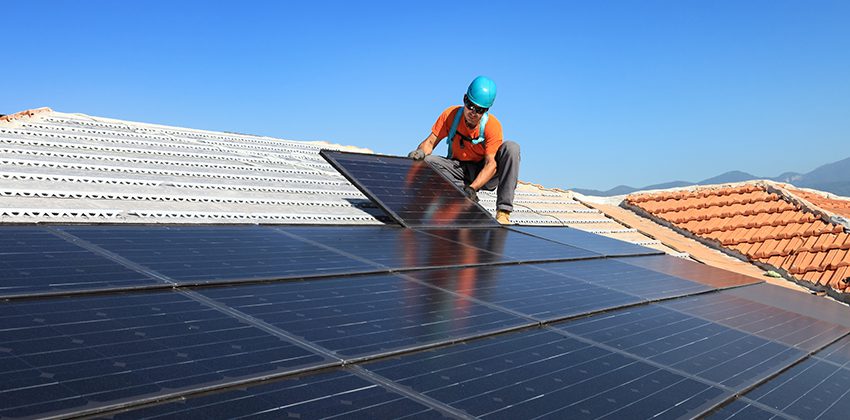Introduction:
Australia, recognized for its abundant sunshine and vast open spaces, is leading the charge in the renewable energy revolution, with solar power at the forefront. As the world transitions towards sustainable energy solutions to address climate change, solar energy has emerged as a pivotal component of Australia’s energy landscape. In this article, we will delve into the significance of solar energy and examine the role of solar installers in Australia in harnessing this abundant resource.
The Rise of Solar Energy in Australia:
Australia boasts some of the highest solar irradiance levels in the world, making it an ideal location for solar energy generation. With its abundant sunlight and vast land area, solar power has experienced exponential growth in recent years. According to the Clean Energy Council, there are over 2.66 million solar PV installations across the country, with a total capacity exceeding 20 gigawatts.
One of the driving forces behind the uptake of solar energy in Australia is the decreasing cost of solar technology. The plummeting prices of solar panels and associated equipment, coupled with government incentives and rebates, have made solar power increasingly accessible to homeowners, businesses, and communities across the nation.
Benefits of Solar Energy:
The adoption of solar energy offers a myriad of benefits, both environmental and economic. Firstly, solar power is a clean, renewable energy source that produces no greenhouse gas emissions during operation, thereby reducing Australia’s carbon footprint and mitigating climate change. Additionally, solar energy helps to diversify the energy mix, reducing reliance on fossil fuels and enhancing energy security.
From a financial perspective, solar energy provides long-term cost savings to consumers. By generating electricity onsite, solar PV systems offset the need to purchase electricity from the grid, resulting in reduced electricity bills over the system’s lifespan. Moreover, solar installations can increase the value of properties and provide a return on investment through feed-in tariffs or selling excess energy back to the grid.
The Role of Solar Panel Installers:
Solar panel installers play a pivotal role in the widespread adoption of solar energy in Australia. These professionals are responsible for designing, installing, and maintaining solar PV systems tailored to the specific needs of their clients. From residential rooftops to commercial buildings and large-scale solar farms, installers possess the expertise to deploy solar technology across a diverse range of applications.
When choosing a solar installer in Australia, it is essential to consider several factors, including qualifications, experience, reputation, and customer service. Certified installers accredited by the Clean Energy Council adhere to industry best practices and uphold high standards of quality and safety. By selecting a reputable installer, consumers can ensure the reliability and performance of their solar PV system for years to come.
Furthermore, solar panel installers provide valuable guidance and support throughout the entire process, from initial consultation and system design to installation, commissioning, and after-sales service. By leveraging their technical expertise and industry knowledge, installers help clients navigate the complexities of solar energy and make informed decisions that align with their energy goals and budgetary constraints.
Conclusion:
Solar energy represents a clean, sustainable, and economically viable solution to Australia’s energy needs. With its abundant sunlight and favorable regulatory environment, Australia is well-positioned to capitalize on the benefits of solar power. Solar panel installers play a crucial role in driving the adoption of solar energy by delivering reliable, efficient, and cost-effective solar PV solutions to consumers across the country. As Australia continues its transition towards a renewable energy future, solar power will undoubtedly remain a cornerstone of its energy policy and economic development.



































